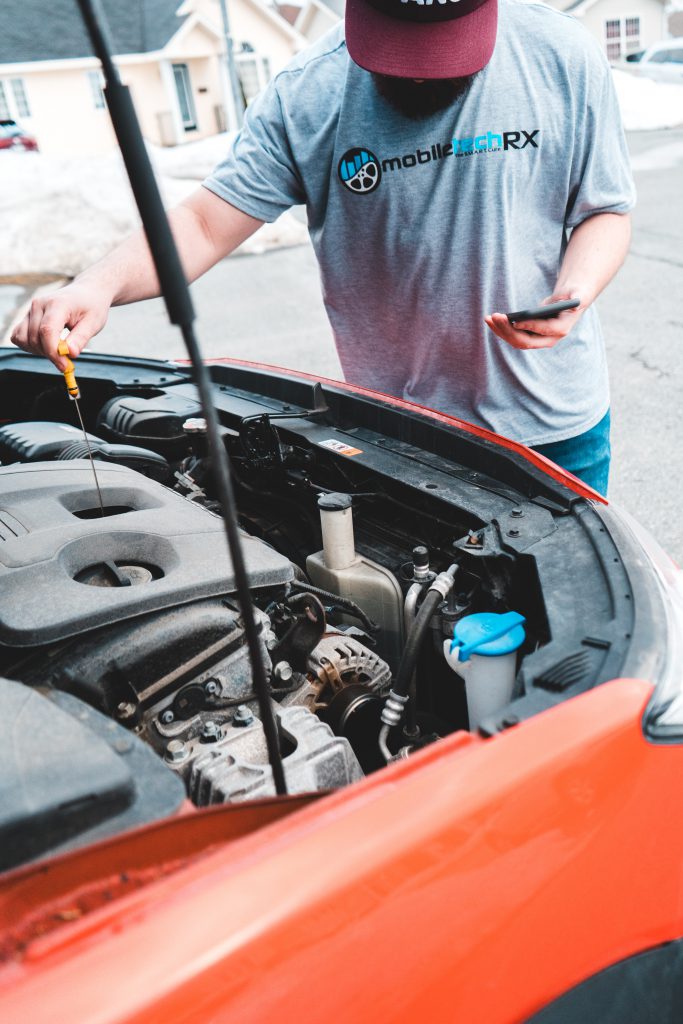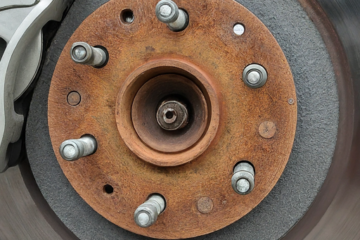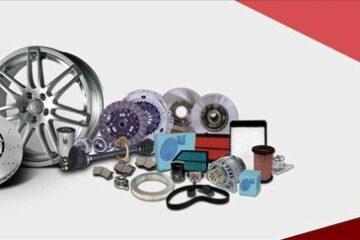
A car engine is a machine that converts chemical energy from fuel into mechanical energy to power a vehicle. The most common type of car engine is the internal combustion engine (ICE), which uses the combustion of fuel and air to create power. It is the most important part of your vehicle and it is essential to keep it running smoothly.
Here are some examples of different types of car engines:
- Internal combustion engine. This is the most common type of car engine. It works by burning fuel and air inside the engine to create power.
- Electric engine. This type of car engine uses electricity to power the car. It is becoming more and more popular as battery technology improves.
- Hybrid engine. This type of car engine combines an internal combustion engine with an electric engine. It is a more efficient way to power a car than either type of engine on its own.
- Diesel engine. This type of car engine uses diesel fuel to power the car. It is more efficient than a gasoline engine, but it produces more emissions.
- Turbocharged engine. This type of car engine has a turbocharger, which is a device that forces more air into the engine. This allows the engine to burn more fuel and air, which creates more power.
Here are some tips on how to maintain your car’s engine:
- Change the oil regularly. The oil in your engine helps to lubricate the moving parts and prevent them from wearing out. It also helps to remove dirt and debris from the engine. You should change your oil every 3,000 to 5,000 miles, or more often if you drive in dusty or dirty conditions.
- Check the fluids. In addition to oil, your car also needs other fluids, such as coolant, brake fluid, and power steering fluid. These fluids should be checked and topped off regularly.
- Get regular tune-ups. A tune-up is a service that is performed on your car to ensure that all of the components are working properly. This includes things like checking the spark plugs, air filters, and fuel filters. You should get a tune-up every 30,000 to 50,000 miles.
- Drive smoothly. When you drive smoothly, you put less stress on your car’s engine. Avoid sudden acceleration and braking, and try to keep your speed consistent.
- Be aware of warning signs. If you notice any problems with your car’s engine, such as decreased fuel efficiency, strange noises, or engine overheating, be sure to have it checked out by a mechanic as soon as possible.
By following these tips, you can help to keep your car’s engine running smoothly for many years to come
Your car’s engine is a complex machine, and it’s important to keep an eye on it for signs of trouble. If you notice any of the following symptoms, it’s a good idea to have your car checked out by a mechanic:
- Check engine light. This is the most obvious sign that something is wrong with your car’s engine. The check engine light can be caused by a variety of problems, so it’s important to have it scanned by a mechanic to diagnose the issue.
- Loss of power. If you notice that your car is not as powerful as it used to be, it could be a sign of a problem with the engine. This could be caused by a number of things, such as a bad fuel injector, a clogged air filter, or a worn-out spark plug.
- Rough idle. If your car’s engine is idling rough, it could be a sign of a problem with the fuel system, the ignition system, or the engine itself. This can be a symptom of a serious problem, so it’s important to have it checked out as soon as possible.
- Excessive smoke. If you notice that your car is emitting excessive smoke, it could be a sign of a problem with the engine. This could be caused by a number of things, such as a bad fuel injector, a clogged exhaust system, or a worn-out piston ring.
- Engine noise. If you hear any unusual noises coming from your car’s engine, it’s a good idea to have it checked out by a mechanic. This could be a sign of a serious problem, such as a worn-out bearing or a loose belt.
If you notice any of these symptoms, it’s important to have your car checked out by a mechanic as soon as possible. Ignoring a problem with your car’s engine can lead to more serious problems down the road, and it could even be dangerous.
Here are some additional tips for diagnosing car engine problems:
- Check your car’s owner’s manual. Your owner’s manual will have a list of common problems and their symptoms. This can help you narrow down the possible causes of your car’s problem.
- Pay attention to your car’s behavior. If you notice any changes in your car’s performance, such as decreased fuel economy or decreased power, it could be a sign of a problem.
- Use a diagnostic scanner. A diagnostic scanner can be used to read the codes stored in your car’s computer. These codes can help you identify the specific problem with your car’s engine.
By following these tips, you can help diagnose car engine problems and keep your car running smoothly.
.
Here are some additional tips for maintaining your car’s engine:
- Use the right type of fuel. Your car’s owner’s manual will specify what type of fuel is recommended for your vehicle. Using the wrong type of fuel can damage your engine.
- Avoid driving with a low fuel tank. When the fuel level is low, the fuel pump has to work harder, which can damage it.
- Don’t overload your car. When you overload your car, you put extra stress on the engine. Avoid carrying more weight than your car is designed to handle.
- Park your car in a cool, dry place. Extreme temperatures can damage your car’s engine. If you live in a hot climate, park your car in the shade and keep the windows rolled up. If you live in a cold climate, start your car and let it run for a few minutes before driving.
By following these tips, you can help to keep your car’s engine running smoothly and prevent costly repairs.



